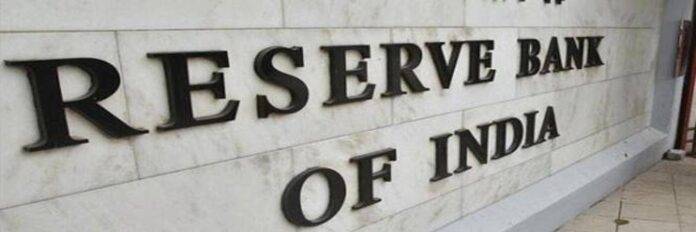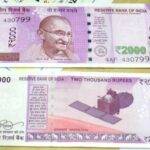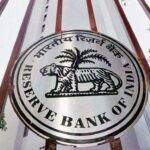Chennai/New Delhi | Announcing its decision to withdraw Rs 2,000 notes from circulation, the Reserve Bank of India (RBI) has asked banks not to issue such notes with immediate effect. The central bank has also asked that the ATM/cash recycler be reconfigured accordingly. As per reports, the RBI has said that banks can exchange Rs 2,000 banknotes to the extent of Rs 20,000 (10 notes per account holder) at a time for one account holder, so as to minimize inconvenience to the public.
The facility of exchange of Rs 2,000 banknotes will be provided by all banks to the public through their branches.
The RBI has given banks time till May 23 to be ready to exchange Rs 2,000 notes, while depositing the notes into bank accounts will continue as usual.
Business Correspondents of banks may be permitted to exchange Rs 2,000 notes to a limit of Rs 4,000 per day per account holder. Banks may, at their discretion, increase the cash holding limit of BCs for this purpose.
It is stated that in order to provide deposit/exchange facilities to people living in unbanked areas, banks may consider using mobile vans, if necessary.
While depositing the value of Rs 2,000 notes in Jan Dhan Yojana accounts/Basic Savings Bank Deposit (BSBD) accounts, the usual limits will apply mutatis mutandis.
Banks maintaining currency chests (CCs) shall ensure that withdrawals from CCs are not permitted above Rs 2,000. All balances held in CC will be classified as unutilized and will be kept ready for dispatch to the respective RBI offices.
All notes received by banks will be immediately sorted through Note Sorting Machines (NSMs) for accuracy and authenticity and deposited in currency chests under the linkage scheme or kept ready for dispatch to the nearest issuing office of RBI.
The facility to deposit or exchange Rs 2,000 notes will be available to the general public till September 30. Banks will have to comply with Cash Transaction Reporting (CTR) and Suspicious Transaction Reporting (STR) requirements, wherever applicable.










